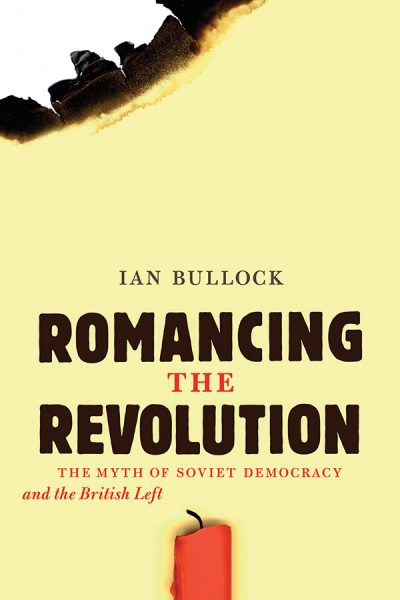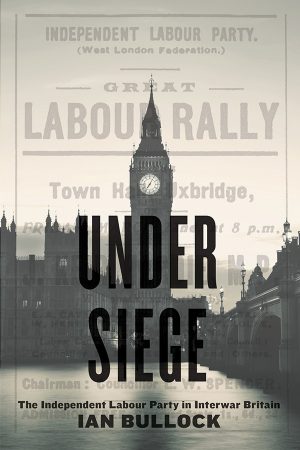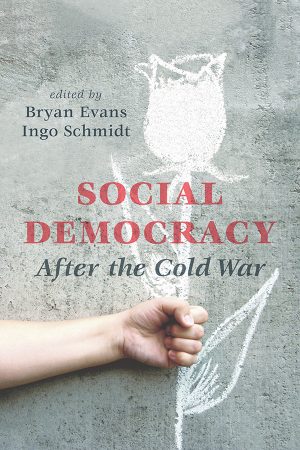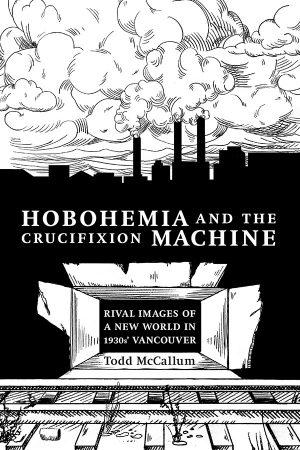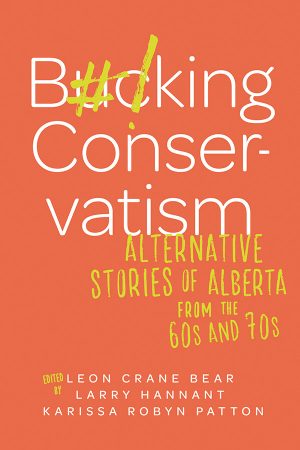Subjects: British History, History, Political History, Political Science, Political Theory
Imprint: AU Press
- 9781926836126 (paperback)
- 9781926836133 (pdf)
- 9781926836379 (epub)
Over two decades have passed since the collapse of the USSR, yet the words “Soviet Union” still carry significant weight in the collective memory of millions. But how often do we consider the true meaning of the term “Soviet”? Drawing extensively on left-wing press archives, Romancing the Revolution traces the reactions of the British Left to the idealized concept of Soviet democracy. Focusing on the turbulent period after the 1917 Russian Revolution, author Ian Bullock examines the impact of the myth of Soviet democracy: the belief that Russia was embarking on a brave experiment in a form of popular government more genuine and advanced than even the best forms of parliamentarism.
Romancing the Revolution uncovers the imprint of this myth on left-wing organizations and their publications, ranging from those that presented themselves as “British Bolsheviks”—the British Socialist party and The Call, the Socialist Labour party’s The Socialist, Sylvia Pankhurst’s Workers’ Dreadnought—to the much more equivocal Labour Leader and The New Statesmen.
Reviews
Bullock’s source material is largely drawn from British socialist publications, and the gradual change from forgivable naivete to unforgivable apologetics for the dictatorial role of a Communist Party ruled by a ‘revolutionary’ clique is, to say the least, disheartening. Few on the hard left had the courage to condemn a successful revolution – the worship of sheer physical success in Bullock’s evidence is a valuable reminder that materialism as a doctrine has no place for any of the values we think of as humane.
Alberta Views
Table of Contents
- Acknowledgements
- List of Abbreviations
- Timeline: May 1916 to January 1925
- Introduction
- 1. Well-Prepared Ground: The British Left on the Eve of the Russian Revolution
- 2. Initial Responses to the Russian Revolution: The British Left in 1917 and the Leeds “Soviet” Convention
- 3. The Bolsheviks and the British Left: The October Revolution and the Suppression of the Constituent Assembly
- 4. The Myth Established: The Positive View of Soviet Democracy
- 5. Polarized Social-Democrats: Denunciation and Debate
- 6. Equivocal Reformists: The Independent Labour Party, the Guild Socialists, and the Reaction to Kautsky
- 7. The Dictatorship of the Proletariat
- 8. The Independent Labour Party and the Third International: A Crucial Test for Belief in Soviet Democracy
- 9. “An Infantile Disorder”: Communist Unity and the Brief Life of the Communist Party (British Section of the Third International)
- 10. British Bolsheviks? The Socialist Labour Party
- 11. Pankhurst’s Dreadnought and the (Original) Fourth International: “Left Communism” and Soviet Democracy
- 12. The Early British Communist Party: Soviet Democracy Deferred and Redefined
- 13. Endings and Conclusions
- Notes / Bibliography / Index
This work is licensed under a Creative Commons License (CC BY-NC-ND 2.5 CA). It may be reproduced for non-commercial purposes, provided that the original author is credited.
